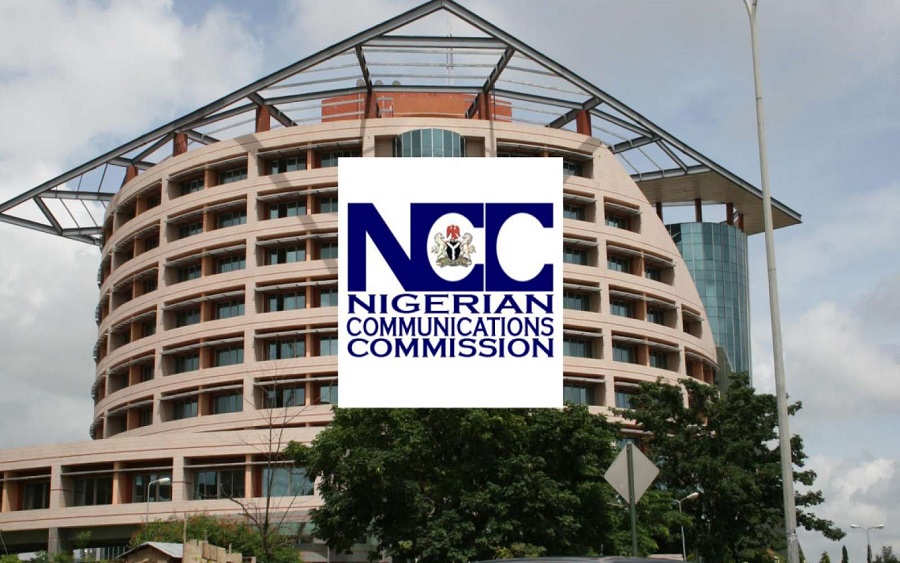The UK government is set to unveil a tax-raising budget aimed at reducing debt and funding public services, while also seeking to reassure financial markets and voters. Prime Minister Keir Starmer has pledged to reduce National Health Service waiting times and ease the cost-of-living crisis, which has been a major challenge for many households. The government’s finance minister, Rachel Reeves, must strike a balance between supporting households and convincing investors that the government has its finances under control.
Reeves has announced several measures ahead of the budget, including above-inflation rises to the minimum wage and pensions, as well as freezes on rail fares and prescription charges. However, the government faces a significant challenge in closing an estimated £20 billion gap in public finances, which is expected to involve tax hikes that will affect workers. Many workers and small business owners are concerned about the impact of the budget on their cost of living and the cost of doing business.
The UK economy is currently facing a deficit of near 5% of gross domestic product, elevated inflation, and a stagnating economy, with unemployment on the rise. The government’s budget watchdog may also downgrade growth forecasts for each year of the current parliament, which could have significant implications for the country’s economic outlook. The budget will be closely watched by markets, and a poor response could trigger a sell-off of UK debt, driving up borrowing costs and complicating the government’s spending plans.
The Labour government has struggled to consistently grow the UK economy since returning to power in 2024, and has faced criticism for its handling of the economy. The government has made several policy U-turns, including shelving plans to cut disability benefits and fuel payments to pensioners, which has damaged the reputation of Prime Minister Starmer and Finance Minister Reeves. The budget is expected to include measures such as a freeze on income tax thresholds, which will push more workers into higher tax brackets, as well as levies on gambling and a so-called mansion tax on luxury properties.
The government has also announced an extension of the sugar tax to include pre-packaged milkshakes and other milk-based drinks. The budget is a crucial test for the Labour government, which must balance the need to reduce debt and fund public services with the need to support households and businesses. The outcome of the budget will have significant implications for the UK economy and the government’s reputation, and will be closely watched by markets and voters alike.



